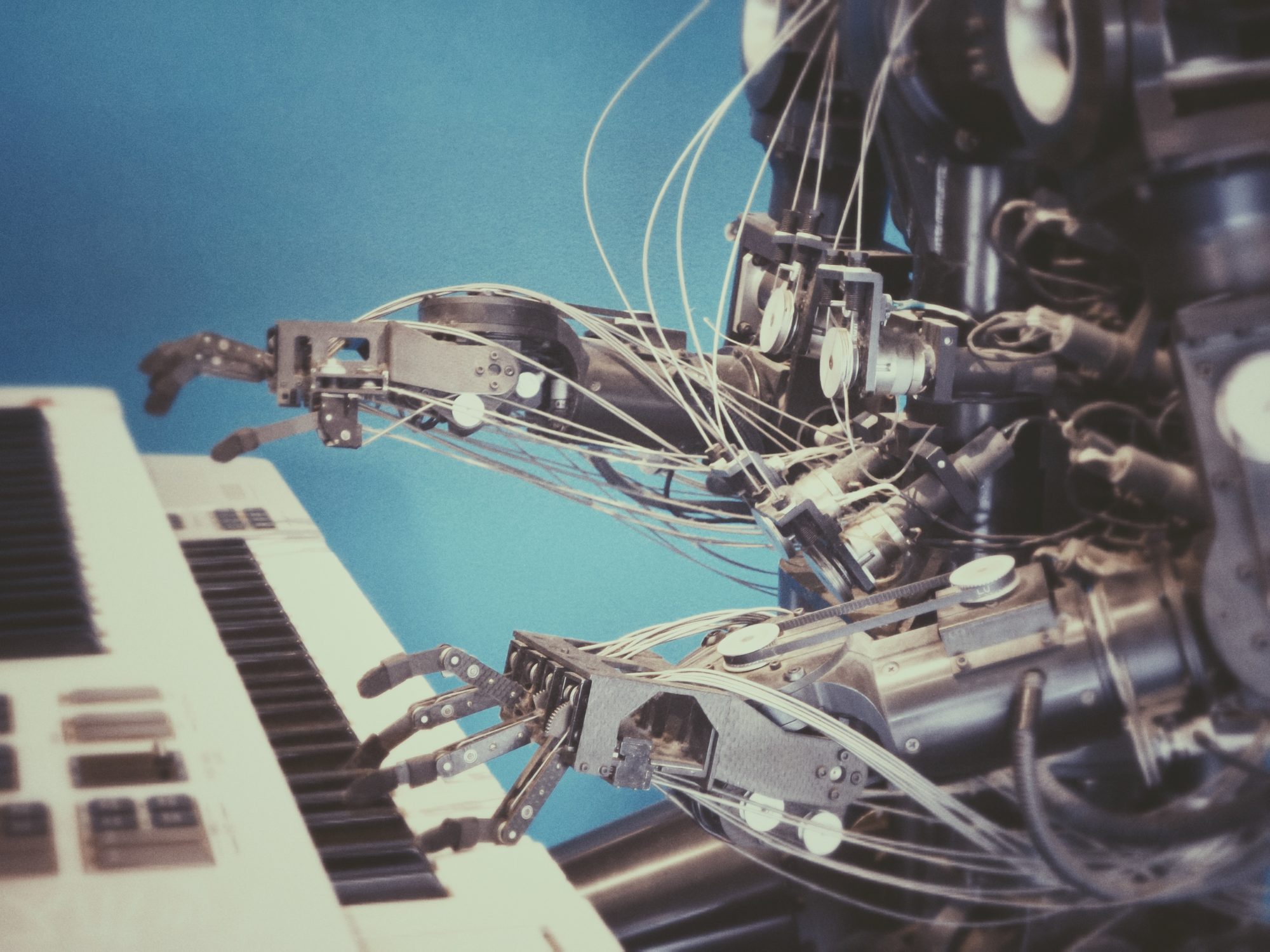Automation - what has almost become a magic word among the management of a host of companies in a wide variety of industries is causing serious headaches for employee councils and labor unions. Automation promises effectiveness, efficiency, standardized business processes – in short: more output for less input, faster and more reliable. But the costs seem high. The fear that automation kills jobs is felt every week in newspapers and evening news. The conclusion is obvious: if a machine takes over the manufacturing of products from now on, what will become of the employees who had previously performed this task?
First of all, such fears aren’t entirely unjustified per se. The problem, however, is that the discourse about the pros and cons of automation is being highly dramatized. Meaningful, rational objections quickly turn into apocalyptic doomsaying. At the heart of such emotional reactions is often a misconception as to how the automation of work actually happens right now.

No, robots don’t replace us (yet)
At the speed at which technologies are evolving these days, you sometimes feel like you’re in a science fiction movie. But here’s the reality check: we’re not quite there yet. The complexity and possibilities of artificial intelligence and robotics have grown rapidly in recent years, but the completely self-sufficient use of intelligent machines in our business processes is still largely a dream of the future. Whether actual robots or automated software, in the vast majority of cases the machines still require human input and control. Yes, we call it artificial intelligence, but the dimensions of this kind of intelligence are still a matter of interpretation.
Of course, some fields of work are more affected than others. Manual work, especially in manufacturing, is already largely done by machines. Creative or complex strategic decisions, however, cannot yet be taken over by the ‘bots’.
How automation changes the job market
The false conclusion, however, is that with the automation of manual labor, jobs simply disappear. This is often not thought through to the end: Yes, if assembly is carried out by machines, the company naturally needs fewer workers who stand ready in the workshop with hammers and drills. However, there is a new need. The machines have to be controlled, maintained and checked – by humans.
So what we are seeing in the increasing automation of work environments is not a collapse of jobs, but a shift in responsibilities. This clearly means that both employers and employees must adapt. Companies have a responsibility here to offer their workforce opportunities for further education and retraining.
On everyone’s mind: robotic process automation (RPA)
The question of the shifting of work, though, is being given an interesting new perspective these days with robotic process automation (RPA). Instead of physical machines, this method uses software robots, i.e. programmable and sometimes self-learning computer programs that automatically perform routine tasks in common software applications.
Does this mean that accounting or finance departments have to fear for their jobs? Of course not. On the one hand, RPA is not yet ready to take over entire fields of work independently – there are simply too many complex variables when dealing with software. On the other hand, the following also applies here: the software robots must likewise be monitored and trained. What’s required is a lateral movement within work structures.
Bottom line – does automation destroy jobs?
Simply put, no. But what the automation trend is doing is changing our understanding of work, routine tasks and standardization. Many fields of work, from warehouses to accounting departments, will shift in their responsibilities.
In order to face these developments adequately, companies from all industries need to train their employees and prepare them for new work situations. This applies even to educational institutions whose range of programs should reflect the changed work environment.
Don’t worry – the rebellion of thinking machines is still a long way off.
Learn how Appian RPA is enhancing the workforce -- not replacing it.